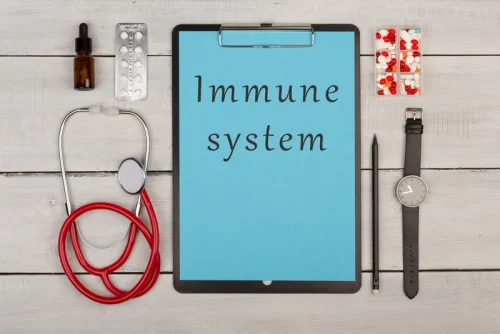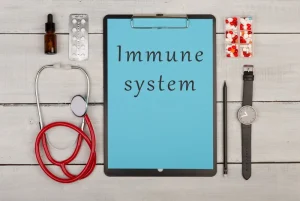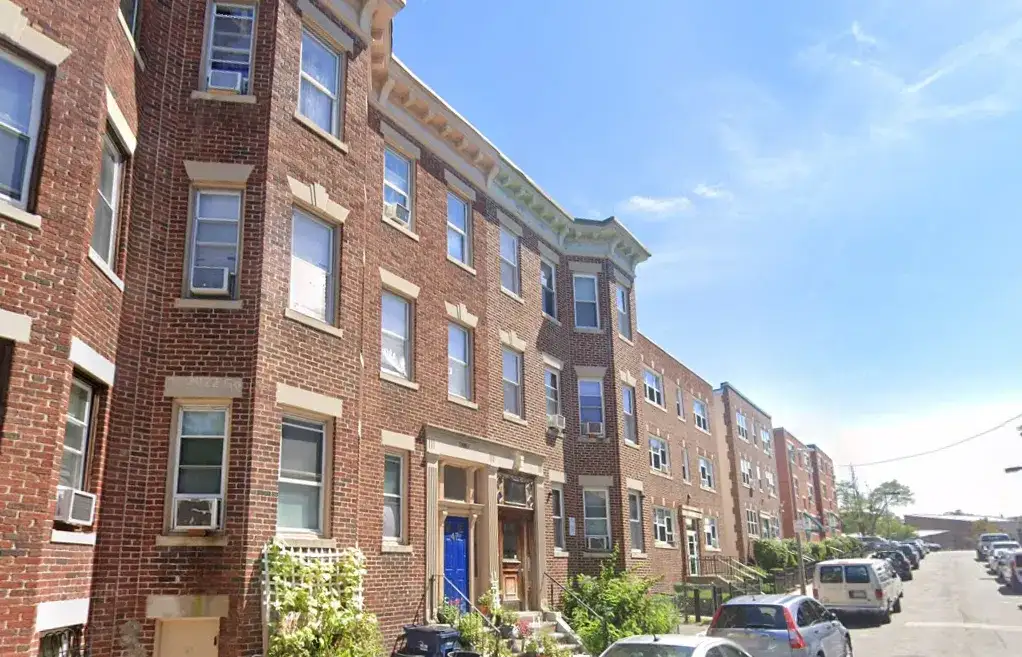
Knowing that moving through these phases isn’t straightforward helps us see each person’s unique journey2. Our state-specific resource guides offer a comprehensive overview of drug and alcohol addiction treatment options available in your area. At The Recovery Village Rehab Centers, we take the extra steps to treat your addiction or mental health needs by offering a full continuum of care. From medical detox to rehab to aftercare, we are focused on supporting your recovery every step of the way. Despite its effectiveness, access to MAT has been limited by negative perceptions, lack of knowledge among healthcare providers, and regulatory barriers.
The recovery process
- According to a survey by the Substance Abuse and Mental Health Services Administration,about 3 millionpeople (age 12+) used an illegal drug or abused a legal drug for the first time in 2018.
- Dysfunction in these circuits leads to biological, psychological, social, and spiritual manifestations.
- Although not always discussed, relapse can occur and is often considered a part of the recovery journey.
- The behavioral shifts that began during Stage 4 will grow to extremes, with the user likely giving up their old hobbies and actively avoiding friends and family.
- A survey of US treatment facilities found that 94% of program administrators report the use of CBT, underscoring its prevalence in addiction recovery programs.
Unfortunately, relapse can occur during the action or maintenance stage, which means the addict or alcoholic again enters the cycle of addiction. The stages of the cycle of addiction can be matched up with some of the stages of the model of behavior change and its relationship to recovery. The experimentation stage begins when you start to use drugs or alcohol in specific situations, like teens in party atmospheres or adults in times of particular stress. Dependence is a stage characterized by the body’s adaptation to the substance. Regular and prolonged use leads to physiological changes, and the individual becomes reliant on the substance to function normally.
Dependence / Addiction
Addiction can lead to severe physical and mental health issues, and it can be very challenging to break out of this stage without help. These symptoms of active drug addiction vary from person to person and depend on the specific drug(s) being used. This means that not everyone addicted to drugs will experience all these symptoms. Additionally, the severity of addiction can range from mild to severe, with some people experiencing similar consequences but with more profound effects and strain on the quality of life.
- The detox phase, the battles faced, and fixing broken relationships can all vary greatly2324.
- Your body starts using the substance to meet a sense of homeostasis, and if you stop taking it, you’ll likely feel sick.
- By recognizing warning signs and addressing underlying causes of relapse, individuals can fortify their defenses against the challenges of addiction.
- In addition to managing a successful family medical practice, Dr. Hoffman is board certified in addiction medicine by the American Osteopathic Academy of Addiction Medicine (AOAAM).
Common Phases of the Addiction Cycle

Slip-ups are usually brief and have limited consequences, making it easier to retrace your steps. Neuroscientific research provides insights into the brain changes that underpin addiction, highlighting alterations in brain systems such as reward, stress, and self-control. These changes explain the intense cravings and impaired ability to resist the drug, features that are central to addiction (Volkow et al., 2016). Once addiction develops, the individual’s ability to voluntarily cease drug use becomes severely compromised, reflecting the powerful nature of these brain adaptations.

Rethinking Diagnostic Labels in Psychiatry for More Humane Mental Health Care
Understanding the stages of addiction recovery can empower individuals to identify where they are in their recovery process. This knowledge fosters self-awareness and allows them to recognize the steps they need to take towards sobriety. By understanding that relapse is often a part of the journey, individuals can develop resilience and motivation to continue seeking help through addiction treatment and support systems.
Stage 4: Risky Use
These connections offer support and accountability needed for successful recovery. Being part of a community gives strength and helps in overcoming challenges. Staying motivated helps to connect with groups that understand and support you. Sharing experiences with them can grow your commitment to staying sober and healthy. Addiction is a multifaceted condition that extends beyond mere substance use, encompassing a wide array of psychological and physiological elements.
- With determination, support, and access to appropriate resources, individuals can conquer the stages of addiction and achieve lasting recovery.
- Here, they start planning for recovery by setting goals, seeking support, and researching treatment options.
- About half of those with severe mental disorders also struggle with substance abuse.
- This urge is a fundamental element of addiction, frequently experienced by individuals dependent on substances.
Stage 4: Drug Addiction and Chemical Dependencies
Though it can be hard, understanding the stages, timelines, and treatment phases of recovery lays a solid foundation for success. The process choose the correct cycle of addiction. of getting over dependency has been mapped out in the transtheoretical model. This model helps us understand the journey’s complex nature and the need for a personal timeline in treatment12. Making it through each stage, from not considering change to doing something about it, and then keeping up the good work, marks hope and a roadmap for recovery.

Step Five in the Cycle of Addiction: Relapse
This cycle can be arrested at any point after the addict or alcoholic makes a decision or is forced to get help. Sometimes, the consequences amphetamine addiction treatment that arise (legal, financial, medical or social) force the addict or alcoholic to stop using. However, in the absence of outside help, such as alcohol or drug detox followed by addiction treatment help, the substance abuse or addictive behavior is likely to return. The neurotransmitters serotonin and dopamine send messages to the brain and the rest of the body. The altered brain chemistry essentially requires constant, repetitive exposure to the substance or action to function psychologically and physiologically.

If so, it may be time to reach out for professional help from an addiction treatment center. The drug’s use can also become problematic at this point and have a negative impact on the person’s life. For example, the individual might begin showing up to work hungover or high after a night of drinking alcohol or smoking marijuana. There is still no addiction at this point, but the individual is likely to think of their chosen substance more often and may have begun developing a mental reliance on it. When this happens, quitting becomes harder, but still a manageable goal without outside help. The reasons a teenager experiments with drugs can vary widely, but two common reasons are because of either curiosity or peer pressure.

Abuse
A balanced lifestyle with regular exercise and a healthy diet is critical. It helps fight off both physical and mental health challenges, making recovery smoother19. The journey to recover from addiction is complex and different for everyone. It relies on knowing the addiction recovery timeline, which changes depending on the substance and personal situations. For example, getting over nicotine addiction takes about 8 to 12 weeks3, but alcohol addiction recovery can last from 3 to 6 months3. This process is made even more complex by addiction’s chronic nature, impacting critical brain operations involved in reward, pleasure, and motivation4.
Leave a Reply